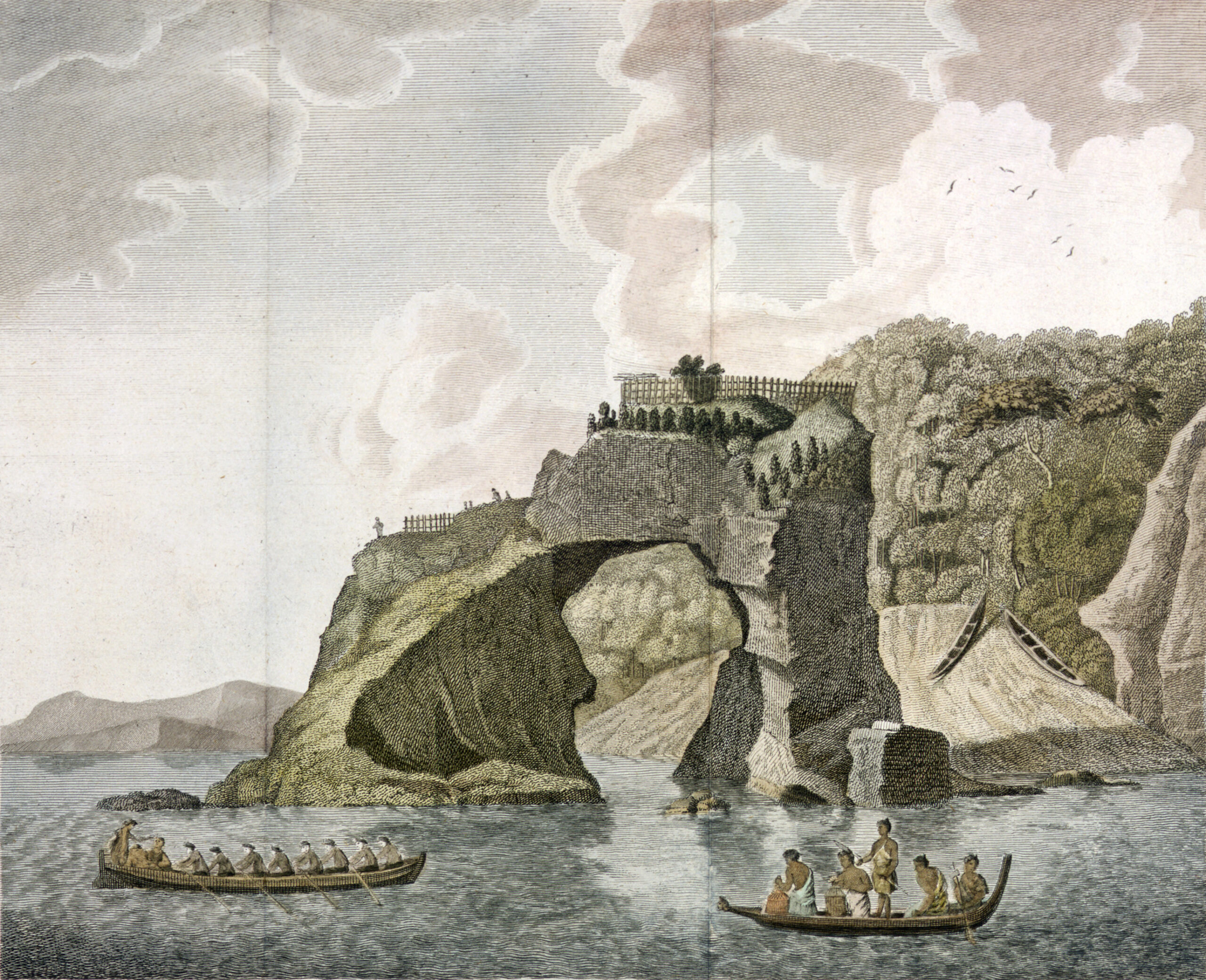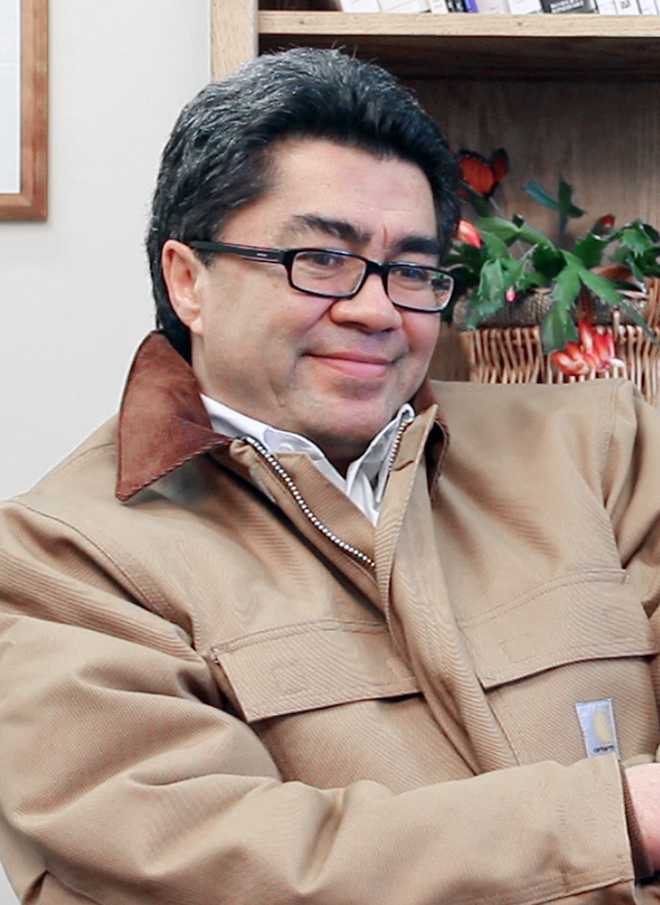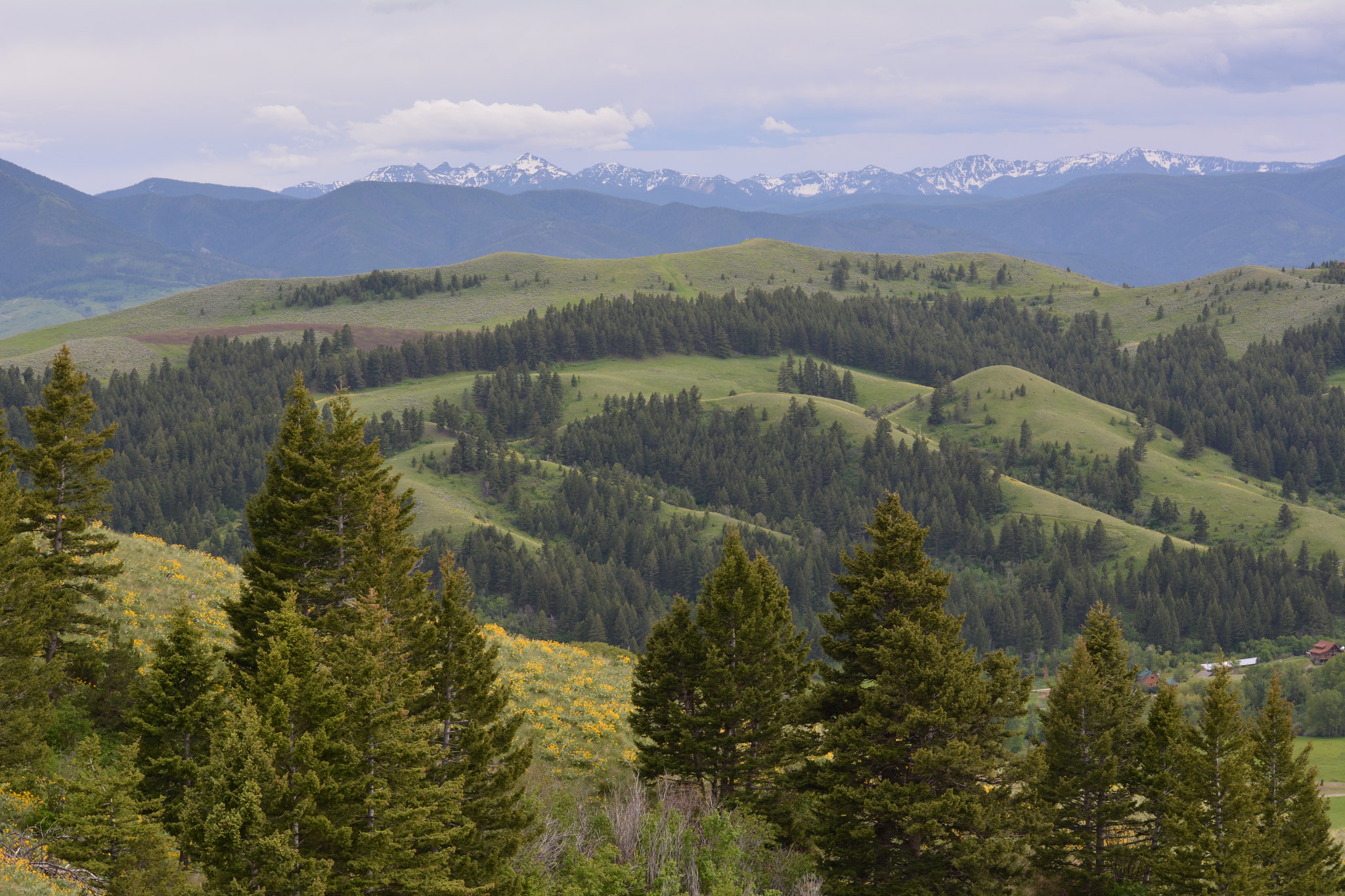What is the link between culture and development? Several scholars believe that the reason some countries are better off lies in the cultural values that shape people’s economic, political, and social performance. Many of the distinguished contributors to Lawrence Harrison’s Culture Matters: How Values Shape Human Progress, for example, argue that certain cultural values and attitude changes are indispensable to progress for those who are lagging behind.
Despite the attraction of the arguments from the “culture school,” there are three problems. The first is that the message is easily translated and misinterpreted to mean that one has to be white to be successful. Protestant Calvinist values are, after all, western values. The second problem is that anyone who works among the poor knows that these individuals often have a strong work ethic, understand the virtue of living frugal lives, and appreciate the importance of saving. Finally, many ethnic groups are not culturally static. The Māori of New Zealand were heavily influenced by early whalers and sealers who visited the islands. In fact, this was the basis for the Treaty of Waitangi, New Zealand’s founding document between the British Crown and about 540 Māori chiefs. In the period preceding the signing of the treaty, Māori were already trading in New South Wales. To continue their international trade, they needed to be registered as a civil nation, which meant establishing a formal relationship with the British Empire. Māori were industrious and entrepreneurial—characteristics that contributed significantly to New Zealand’s economy from 1820 to 1860.
What Locals Really Want
Much of the current debate about poverty and indigenous development is swamped in moral platitudes. One of the worst clichés is the idea that it is better to give a man a net to catch a fish rather than a fish. The story is about empowerment. The nonsense of the argument dawned on me some years ago when my family and I took a vacation at my grandmother’s village along the coastline. It is absurd to think that an outsider could teach anyone in the village how to fish.
What locals want is ownership of the beach, the seaside, the waterways, and the fish in it. What they want is what the Crown promised them when the Treaty of Waitangi was signed: ownership and title to their resources. The adage about the net focuses on teaching indigenous people skills they often already possess. It obscures the real issue, which is ownership of the resource.
Unlocking Dead Capital
The question for the Māori leadership is how to incentivize tribal members to move “dead capital” to “active capital.” This is where Peruvian economist Hernando de Soto’s book, The Mystery of Capital, comes into play. De Soto undertook a major study in which he recorded how long it took an average person to apply for the necessary consents and permits needed for housing through the proper bureaucratic channels. He found that it took an average of 83 months for the required steps to be completed. Based on this research, de Soto concluded that government legislation, bureaucracy, and a lack of a legal framework were major stumbling blocks for enterprise and the reason there is so much dead capital in the developing world. He further argued that unlocking the dead capital that existed in the developing world was the key to addressing poverty.
The voice of all the people is, that our land Reserves be subdivided, so that each may have his own portion. We ask you to give to each man a title in writing to his own allotment.
In 2006, Tahu Potiki, the CEO of our tribal corporation, Te Runanga o Ngāi Tahu, developed a plan that blended de Soto’s theory of capital with the “culture matters” school of thought. The result was a tribal savings scheme called Whai-rawa. The system is designed to build three types of capital: knowledge, financial, and personal. Whai-rawa is a portfolio investment entity locked in for three purposes: first home purchase, post secondary education, and retirement, and is nationally recognized as a retirement savings program under the Income Tax Act. In short, the tribal council allocates $100 NZ to every tribal member enrolled in the plan on an annual basis from the profits it receives from its subsidiary companies. For every dollar a tribal member saves, the tribe contributes an additional dollar up to the sum of $100. A tribal member could acquire $200 annually if he or she saved $100. Calculations in 2004 showed that one could have saved $35,000 for a down payment on a home by the time he or she turned 35. The theory is that the house could then serve as collateral to finance a small business. By embracing the Whai-rawa savings scheme, the tribal leadership hopes to fully investigate de Soto’s idea of promoting the ability of a tribal member to acquire capital. Although this path looks good on paper, testing the idea requires community engagement and a deed and certificate of title—something tribal members lack.
New Zealand Reserves
In New Zealand, Māori were placed on Reserves, which were originally vested as communal title. By legislation, the land was individualized in an attempt to undermine the political weight of the tribes. Yet, despite what modern indigenous scholars say, tribal members wanted individual title and the right to subdivide. They understood the basic connection between effort and reward. In fact, in 1860 our elders met with the governor of the day and petitioned him with these words:
The voice of all the people is, that our land Reserves be subdivided, so that each may have his own portion. We ask you to give to each man a title in writing to his own allotment. . . . Our reason for urging the subdivision of our land is that our difficulties and quarrels may cease, that we may live peaceably, and that Christianity and good works may thrive amongst us.
On the South Island, home of my village, tribal members were allocated individual title and the right to subdivide. This right lasted through the 1960s. Parents would apportion their children land to build their homes upon. By the late 1960s, however, Crown policy changed and allowed local councils to rezone Māori land from residential to rural. Overnight Māori lost not only the right to build, but their capital base was removed and devalued. The social consequence for people in our village was devastating. I witnessed the decline of my village from an active community to the situation today where there are few tribal members remaining. From about 150 village elders 50 years ago, we now have less than five. Neither my mother or brothers can build on their land despite the fact that they have the financial ability to do so. This sad situation was created by modern government and surprisingly reconfirmed in 2005 by the local councils. A good part of this problem is due to the prevalent and mistaken belief that tribal land tenure was communal and that individuals did not have a right to property, which is simply wrong.
Overnight Māori lost not only the right to build, but their capital base was removed and devalued. The social consequence for people in our village was devastating.
Reinstating Rights
Our village has been advocating for the return of the original terms of the title wherein tribal members had the right to build on their land and subdivide. It appears from recent council minutes that the reinstatement of these rights looks likely. The council has also committed to rolling out services and utilities throughout the village. This is a significant victory.
Our tribe has dealt with a series of issues outlined by de Soto such as the legal failure of property laws and the problem of documentation—all of which have been articulated and explained. I expect that by March 2014, much of our village will begin to return back to its original status allowing tribal members to live on their land and to possess title. In theory, their children should have enough within the tribal savings account to pay for postsecondary education and a deposit for a home. This is a solid step toward creating tribal wealth, but what does it mean for a tribal economy?
Despite the fact that we have actively worked to provide the conditions for tribal and family development, our people still remain as passive watchers of a movie in which we have no real role. Whether we concentrate on the values of capitalism, capital itself, or even institutional capacity, we ignore the one attribute that underpins our economic system. The economy we have looks the way it does because the British defined the pieces that were allowed to function in the economy and more importantly what pieces would not be permitted such as tribal property.
A tribal economy will not evolve by simply imitating western values or creating capital. Unless tribal groups actively shape the legislation that defines their economic future, real development will be an elusive ideal and an intellectual backwater for indigenous conferences.




